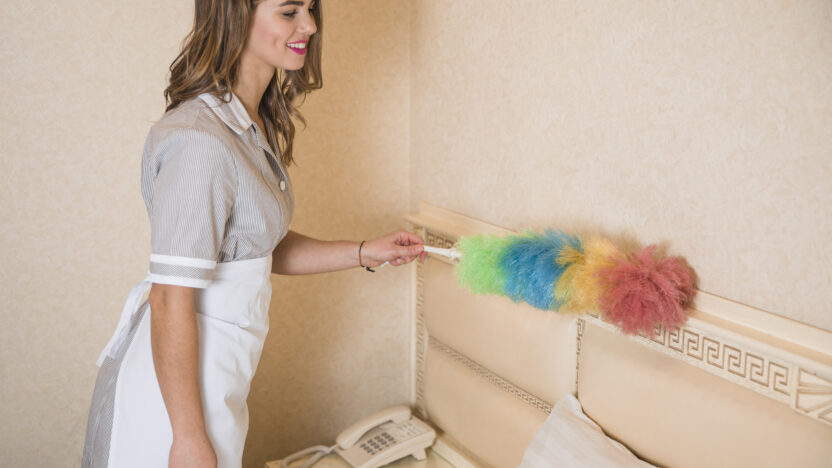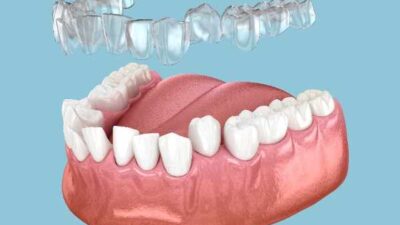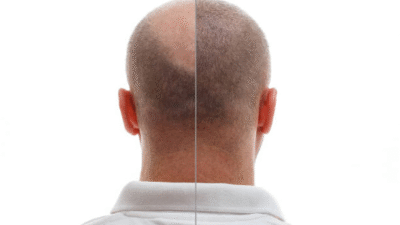When cold and flu season arrives, keeping your home clean isn’t just about appearances—it’s crucial to protecting your family’s health. Germs can linger on surfaces for hours or even days, so thorough cleaning and disinfecting are essential. Whether you’re trying to get Airbnb Cleaning Northampton or need to prevent illness or stop the spread once someone in your household is sick, the right approach can make a big difference.
Understand the Difference Between Cleaning and Disinfecting
Before diving into the routine, it’s essential to know that cleaning removes dirt and grime, while disinfecting kills germs. Both steps are necessary.
- Cleaning with soap and water helps decrease the germs.
- Disinfecting with approved products (such as alcohol, bleach, or hydrogen peroxide) kills bacteria and viruses on surfaces.
Start by cleaning, then disinfect.
Focus on High-Touch Areas
Some parts of the home get touched far more often than others and needs to be clean. These high-touch surfaces should be your top priority during flu season:
- Door handles and knobs
- Light switches
- Remote controls
- Mobile phones and tablets
- Countertops and tabletops
- Toilet handles and bathroom taps
- Fridge handles and cupboard pulls
- Stair railings
Disinfect these surfaces daily using wipes or sprays, which have been proven to kill viruses and bacteria. If someone in your household is sick, increase the frequency to several times daily.
Keep Cleaning Supplies Handy
Having clean and disinfecting products within easy reach encourages regular use. Keep the following essentials stocked:
- Disinfectant sprays (look for EPA-registered or EN-certified products)
- Antibacterial wipes
- Microfiber cloths
- Disposable gloves
- Hand sanitisers with at least 60% alcohol
- Bleach or hydrogen peroxide (used sparingly and adequately)
Keep a small kit to wipe down surfaces in the kitchen, bathroom, and living areas.
Wash Bedding and Towels Frequently
Cold and flu viruses can cling to fabric. During the winter months, make it a habit to wash:
- Pillowcases
- Sheets
- Towels
- Blankets
- Washcloths
If someone is ill, don’t mix their laundry with the rest of the family’s.
Disinfect Soft Surfaces and Upholstery
While hard surfaces are easier to sanitise, soft surfaces like sofas, rugs, and curtains also trap germs. Use a fabric-safe disinfectant spray or steam cleaner to freshen up these areas weekly or as needed.
Vacuum carpets and upholstered furniture frequently. Be sure to empty the vacuum outside and wash the filter regularly if it’s reusable.
Don’t Forget the Bathroom and Kitchen
These two areas are breeding grounds for germs and should be cleaned and disinfected thoroughly:
- Bathroom: Focus on the toilet seat, flush handle, sink, taps, and light switches. Replace towels and wash them every few days.
- Kitchen: Clean countertops, fridge handles, cupboard doors, and faucet handles. Also, don’t forget the sponge or dishcloth—replace or disinfect them every few days. Soak sponges in boiling water or microwave for a minute (if microwave-safe).
Manage Trash and Waste Responsibly
Used tissues, food waste, and hygiene products can spread viruses. Lined bins with lids should be emptied daily, especially in bedrooms and bathrooms.
When disposing of tissues and masks, handle with gloves or wash your hands immediately after.
Encourage Good Personal Hygiene
Clean your home goes together with maintaining hygiene. Encourage everyone to:
- Use hand sanitiser when soap isn’t available.
- Cover coughs and sneezes with tissues or elbows.
- Avoid touching their face, especially eyes, nose, and mouth.
Keep hygiene reminders in visible areas to encourage compliance, especially with children.
Use Natural Cleaning Alternatives Where Possible
If you prefer non-toxic solutions, vinegar, baking soda, and essential oils like tea tree or eucalyptus can be powerful cleaning agents. However, note that natural products are not always sufficient disinfectants unless tested explicitly for that purpose.
Always test a small area first to avoid damaging surfaces.
Conclusion:
Cold and flu season demands more diligence, but it doesn’t have to be stressful. Creating a routine that includes cleaning, disinfecting, washing, and ventilating can dramatically reduce the risk of illness spreading through your home. Start with a checklist and make tasks manageable by assigning areas or responsibilities to different household members. Prevention is always easier—and cheaper—than dealing with multiple sick days. A cleaner home is healthier and brings peace of mind during a season when everyone could use more comfort and security. Always hire one of the Best Cleaning Services in Northampton.



